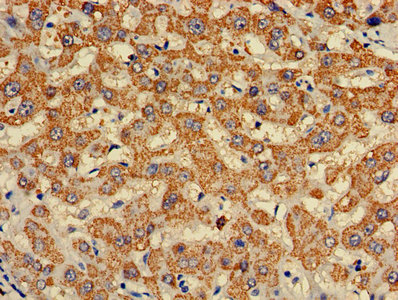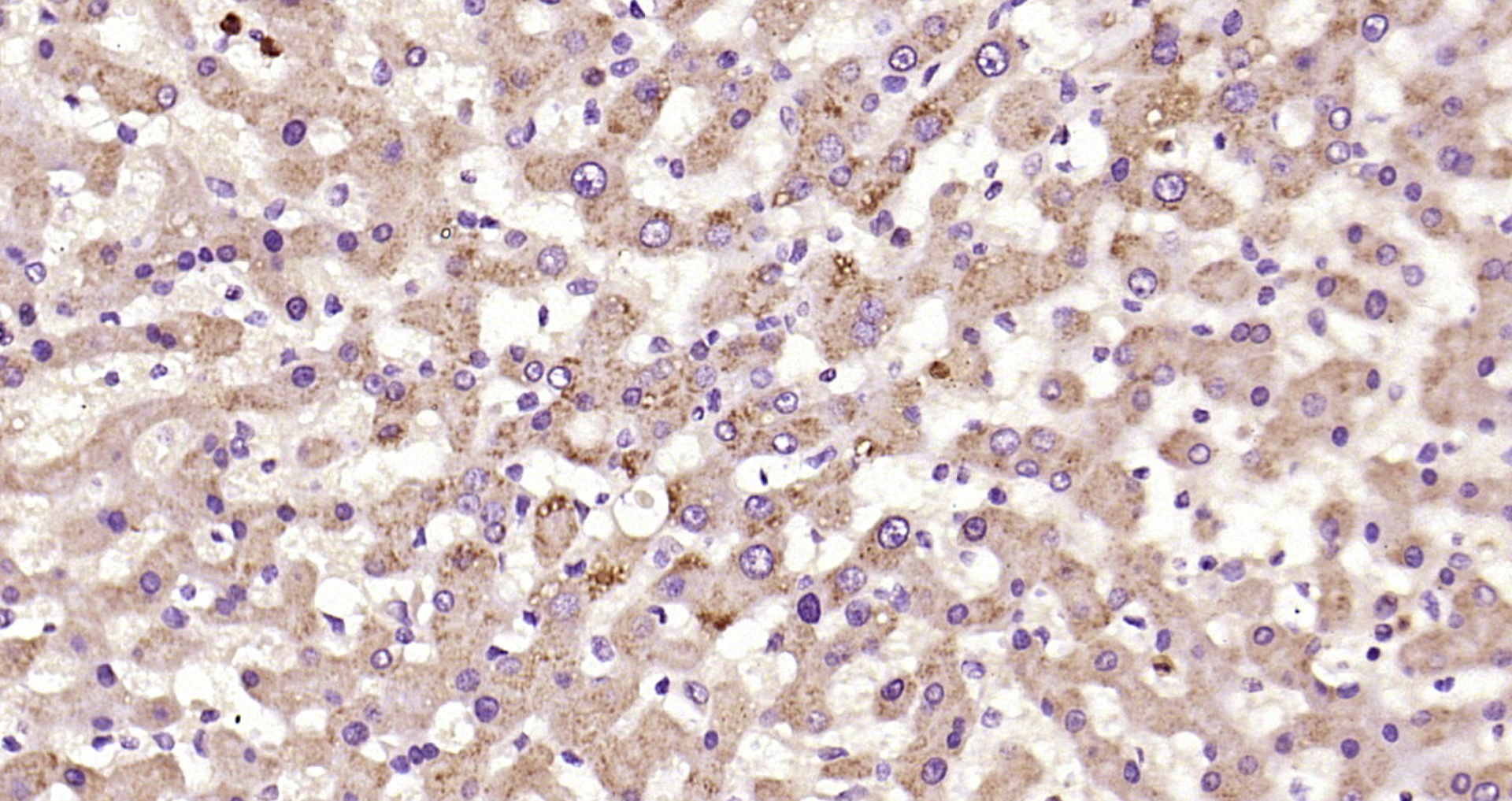C5 antibody [6H13]
GTX53063
ApplicationsWestern Blot, ELISA, Neutralisation/Blocking
Product group Antibodies
ReactivityHuman
TargetC5
Overview
- SupplierGeneTex
- Product NameC5 antibody [6H13]
- Delivery Days Customer9
- Application Supplier NoteWB: 1:500 - 1:1000. ELISA: 1:100 - 1:2000. *Optimal dilutions/concentrations should be determined by the researcher.Not tested in other applications.
- ApplicationsWestern Blot, ELISA, Neutralisation/Blocking
- CertificationResearch Use Only
- ClonalityMonoclonal
- Clone ID6H13
- Concentration200 ug/ml
- ConjugateUnconjugated
- Gene ID727
- Target nameC5
- Target descriptioncomplement C5
- Target synonymsC5D, C5a, C5b, CPAMD4, ECLZB, complement C5, C3 and PZP-like alpha-2-macroglobulin domain-containing protein 4, C5a anaphylatoxin, anaphylatoxin C5a analog, complement component 5, prepro-C5
- HostMouse
- IsotypeIgG1
- Protein IDP01031
- Protein NameComplement C5
- Scientific DescriptionThis gene encodes a component of the complement system, a part of the innate immune system that plays an important role in inflammation, host homeostasis, and host defense against pathogens. The encoded preproprotein is proteolytically processed to generate multiple protein products, including the C5 alpha chain, C5 beta chain, C5a anaphylatoxin and C5b. The C5 protein is comprised of the C5 alpha and beta chains, which are linked by a disulfide bridge. Cleavage of the alpha chain by a convertase enzyme results in the formation of the C5a anaphylatoxin, which possesses potent spasmogenic and chemotactic activity, and the C5b macromolecular cleavage product, a subunit of the membrane attack complex (MAC). Mutations in this gene cause complement component 5 deficiency, a disease characterized by recurrent bacterial infections. Alternative splicing results in multiple transcript variants. [provided by RefSeq, Nov 2015]
- ReactivityHuman
- Storage Instruction-20°C or -80°C,2°C to 8°C
- UNSPSC12352203





